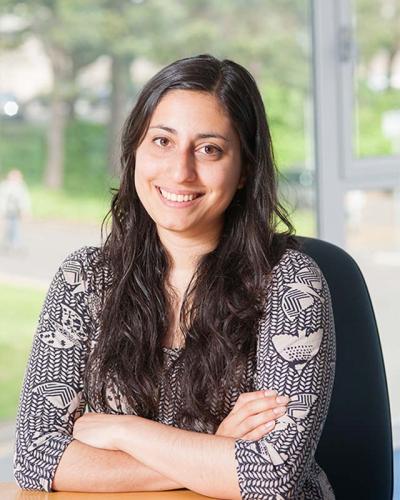PhD and Postdoctoral positions on Method and Software Development on Computational Catalysis
PhD and Postdoctoral positions on Method and Software Development on Computational Catalysis
Posted on 26 April 2018
PhD and Postdoctoral positions on Method and Software Development on Computational Catalysis
Research Associate: Harnessing Emerging Hardware Architectures in Kinetic Monte-Carlo Simulations (Ref: 1712391)
UCL is looking for an experienced and motivated post-doctoral researcher to develop innovative methods and algorithms for kinetic Monte-Carlo (KMC) simulations of reactions on catalytic surfaces. These algorithms will harness modern/emerging hardware architectures such as GPUs and FPGAs. Within the remit of the project is also the implementation of these algorithms in our KMC software application Zacros.
The position is available immediately and is funded for 3 years in the first instance. Closing date for applications: 30th April 2018.
- View this vacancy and apply on the UCL Human Resources system.
PhD: Accelerated Kinetic Monte-Carlo Method Development for Modelling Heterogeneous Catalysts (Ref: 1708784)
UCL is also looking for a motivated and creative graduate student to work on a method development project on computational catalysis and reaction engineering. The main purpose of this project is to develop innovative mathematical approaches and algorithms to accelerate kinetic Monte-Carlo (KMC) simulations of reactions on catalytic surfaces. A challenge in KMC is that certain frequent events dominate the computational effort. Yet, after rapidly reaching quasi-equilibrium, their frequent execution is unnecessary, as they are anyway limited by slower events. Previous algorithms that scale-down kinetic constants can work well in stationary conditions, but fail when the system simulated exhibits sharp transients. To tackle this challenge, we will develop algorithms that will employ reliable error estimates, robust mathematical approaches and optimisation techniques, to improve simulation efficiency incurring a small quantifiable error in the observables of interest.
The studentship will start in September 2018 and is funded for 3.5 years. Stipend, as well as UK/EU fees are included. Applications will be reviewed on a continuous basis until the position is filled, with a closing on 30th June 2018.
- View this vacancy and apply on the UCL PriSM website.

